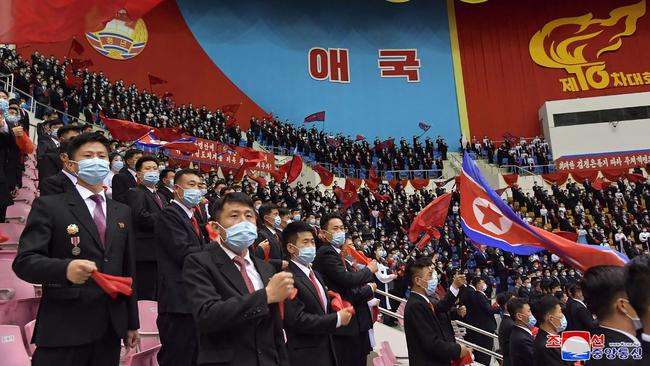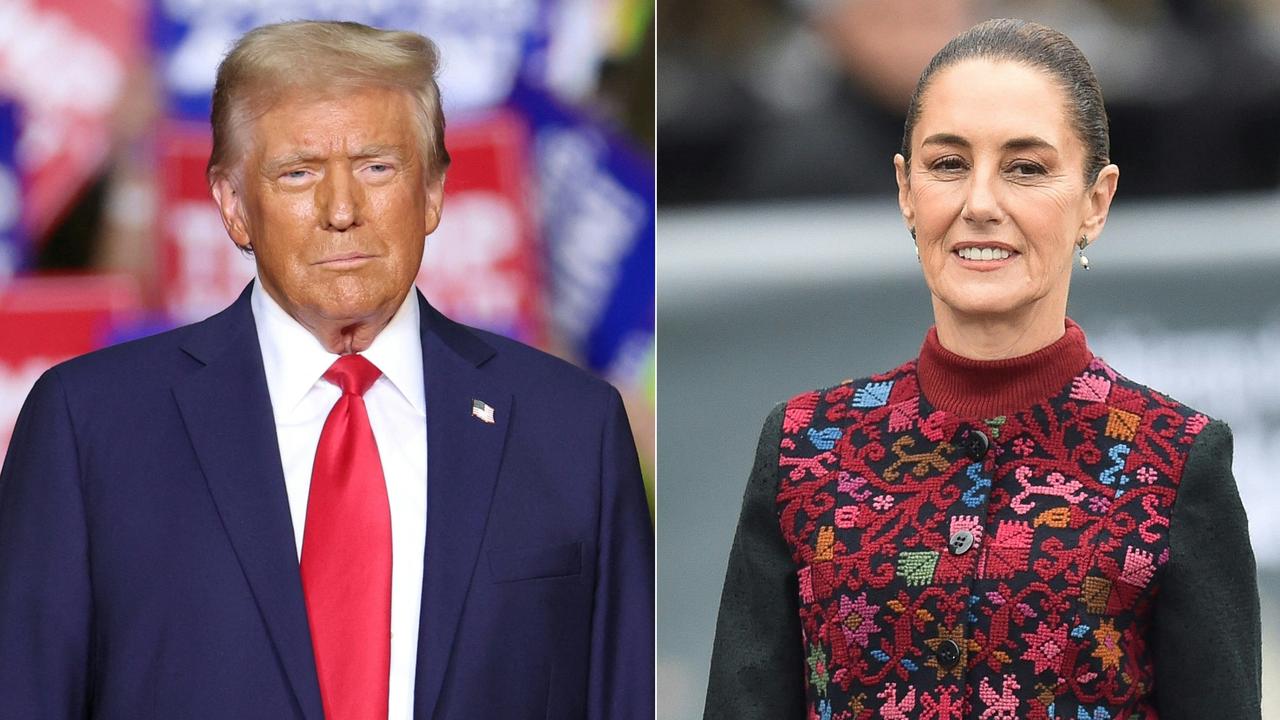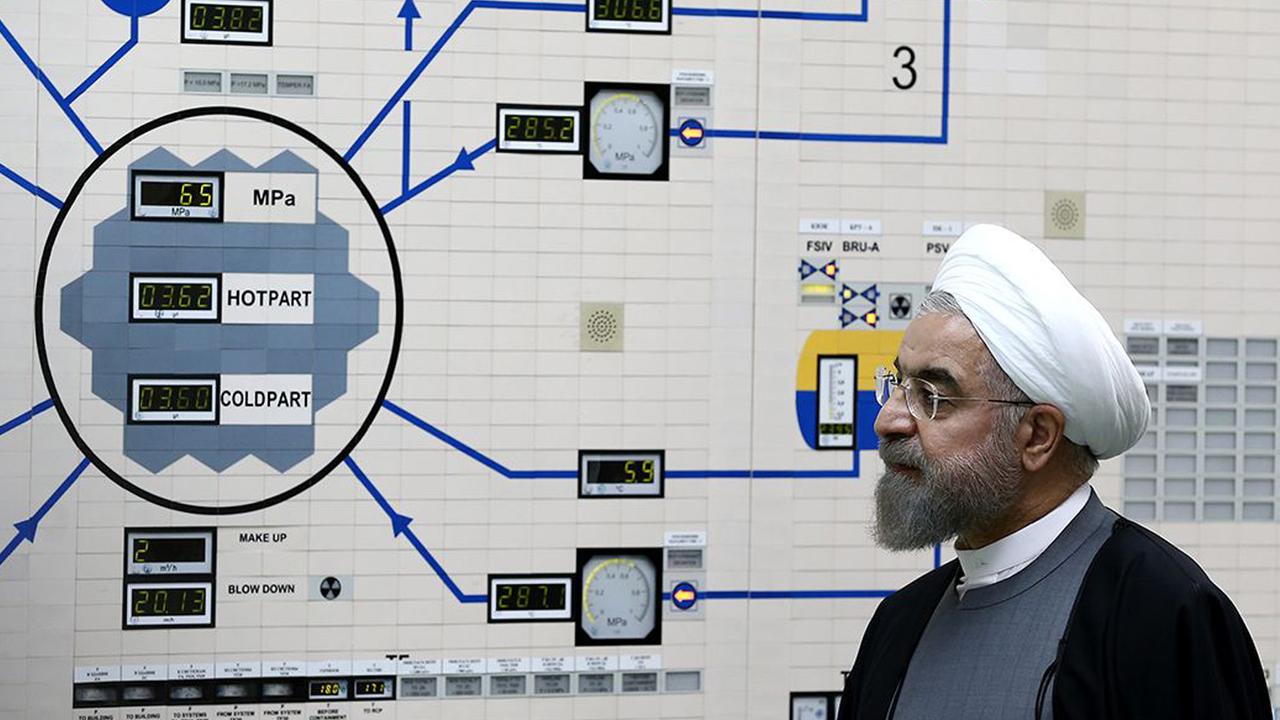Biden to steer between Obama, Trump policies on North Korea
Review concludes a ‘big bang’ approach won’t work; neither will ‘strategic patience’.

The Biden administration intends to steer a middle course in negotiations over North Korea’s nuclear and missile programs between former president Donald Trump’s top-level summitry and the Obama administration’s patient stance, US officials said.
The US will retain the eventual goal of denuclearising the country, the officials said in sharing the broad conclusions of a month-long review of policy towards Pyongyang. But it will pursue more graduated measures to roll back North Korean’s nuclear and missile arsenal.
“Our policy will not focus on achieving a grand bargain, nor will it rely on strategic patience,” White House spokeswoman Jen Psaki said. “Our policy calls for a calibrated, practical approach that is open to and will explore diplomacy with the DPRK, and to make practical progress that increases the security of the United States, our allies and deployed forces,” she added, using the acronym for the Democratic People’s Republic of Korea.
US officials didn’t provide important details of their policy or negotiating strategy, including what the Biden administration would hope to accomplish in the first phase of an accord with Pyongyang and what economic sanctions it might ease in return.
The Biden administration has yet to say who would lead its negotiations with North Korea or explain the role allies might play in a potential negotiation.
One lingering question is whether the Biden administration will insist that a new accord cover North Korea’s short-range missiles, which can strike Japan and South Korea, as well as long-range missiles that can strike the US. A demand to include the short-range missiles would be welcomed by Japan, whose prime minister, Yoshihide Suga, was the first foreign leader to meet with Mr Biden in Washington after the inauguration. But it would add to the challenges in negotiating with North Korea.
Mr Biden plans to host South Korean President Moon Jae-in in Washington on May 21.
“The administration is probably not anxious to take on another difficult and politically risky negotiating challenge after Iran, but North Korea’s growing nuclear and missile threat may give it little choice,” said Robert Einhorn, a former senior State Department official who once negotiated with North Korean officials.
North Korea has been adhering to a self-imposed moratorium on nuclear and long-range missile tests while working on other aspects of its program. The US Army has said North Korea may now have 20 to 60 nuclear bombs and the ability to manufacture six new bombs each year.
Mr Trump initially pressed North Korea to agree to the rapid dismantlement of its nuclear and long-range missile programs in return for economic benefits. Trump administration officials said they favoured a “big bang” approach in which Pyongyang would agree to early and complete denuclearisation, fearing a step-by-step approach would enable North Korea to drag out the talks.
Talks between North Korea and the Trump administration broke down after a 2019 meeting in Stockholm that followed two summit meetings in Singapore and Hanoi.
The Obama administration initially moved to negotiate a “Leap Day” agreement with Pyongyang in 2012, which imposed a moratorium on nuclear and missile tests and required North Korea to shut down its nuclear facilities at Yongbyon. After North Korea launched a satellite, which demonstrated ballistic missile know-how, the Obama administration accused Pyongyang of bad faith and warned that it needed to choose between isolation and negotiating seriously with Washington. That policy became known as “strategic patience.”
The Wall Street Journal


